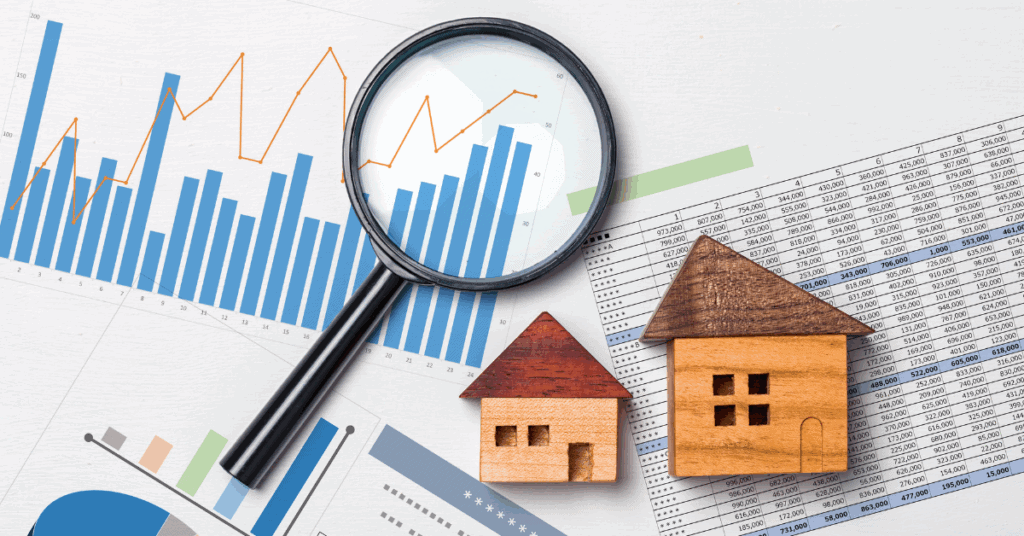Get Expert Financing
- Matched with investor-friendly lenders
- Fast pre-approvals-no W2s required
- Financing options fro rentals, BRRRR, STRs
- Scale your portfolio with confidence
When it comes to buying a home or refinancing with a conventional loan, understanding how and when to lock in your interest rate can significantly affect your financial future. In this guide, we break down everything you need to know about conventional loan rate locks, including the best timing strategies, risks to avoid, and smart moves that can save you thousands.
A rate lock is a lender’s guarantee that the interest rate offered on your mortgage will not change for a specified period, despite market fluctuations. Typical lock durations range from 15 to 60 days, with some lenders offering extended locks for an additional cost.
The key question: Should you lock early or wait? The answer depends on a few key factors:
If rates are on the rise, locking sooner can protect you from added costs. On the other hand, if the Federal Reserve signals rate cuts, it may be worth the risk to float.
Tip: Use mortgage rate forecasts from reliable sources like Freddie Mac or financial institutions to help decide.
Ensure your lock duration matches your expected closing date. If your lock expires before closing, you may need a rate lock extension, which could come with additional fees.
Once you’re under contract and your application is in, locking avoids surprise rate hikes.
Ask your loan officer to estimate your timeline and choose a lock period accordingly.
Key economic indicators like inflation data, job reports, and Federal Reserve meetings can influence rates.
Waiting too long to lock can backfire if rates jump unexpectedly right before closing.
You may need to pay for a rate lock extension, which can vary by lender and market conditions.
Yes, but it could delay your closing and you might lose favorable terms or pay new fees.
A feature that allows you to lock your rate but take advantage of a lower rate if the market drops—usually for a fee.
By mastering the art and timing of a rate lock, you’re not just locking in a number—you’re locking in peace of mind. Be proactive, stay informed, and make each move count in your home buying journey.
Our advice is based on experience in the mortgage industry and we are dedicated to helping you achieve your goal of owning a home. We may receive compensation from partner banks when you view mortgage rates listed on our website.


